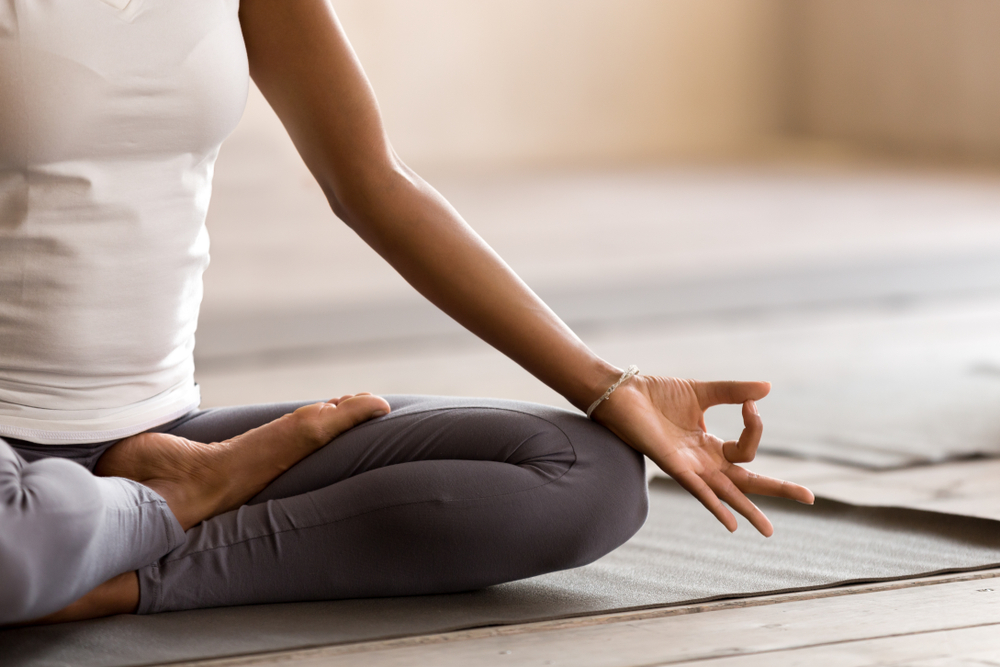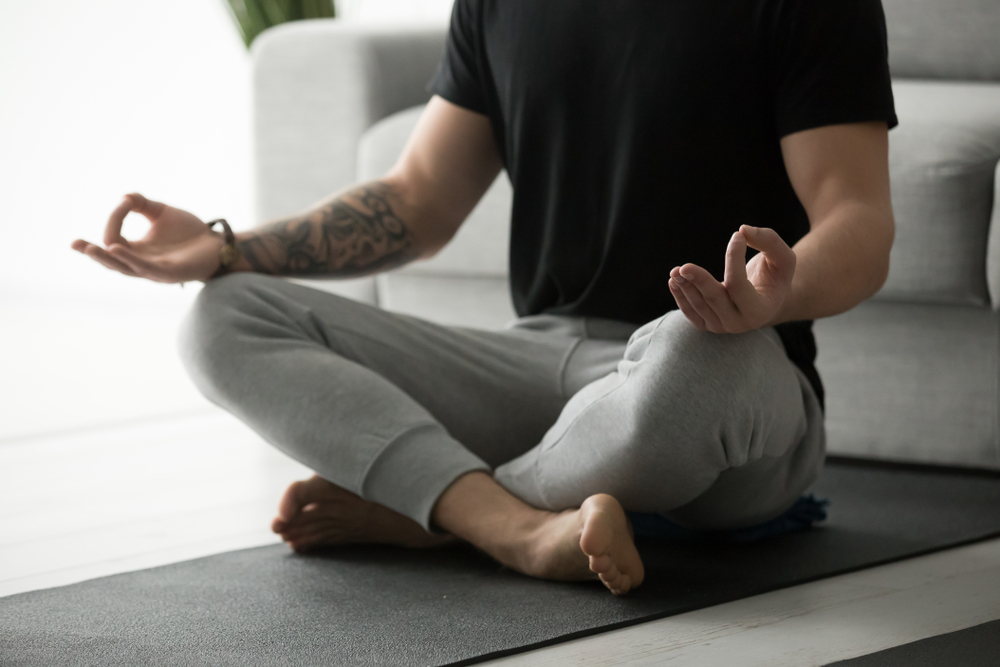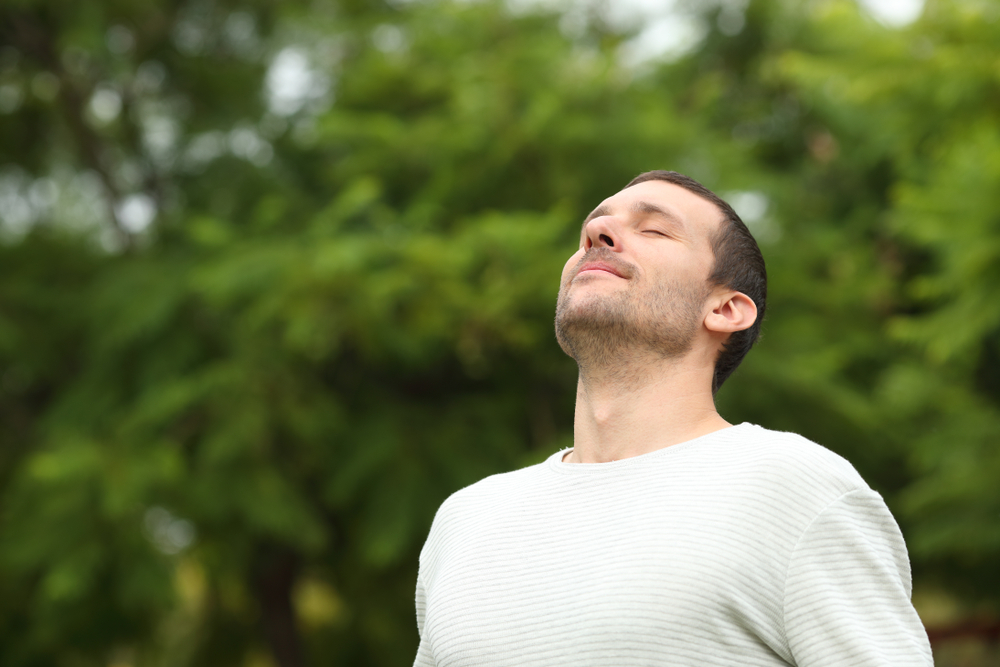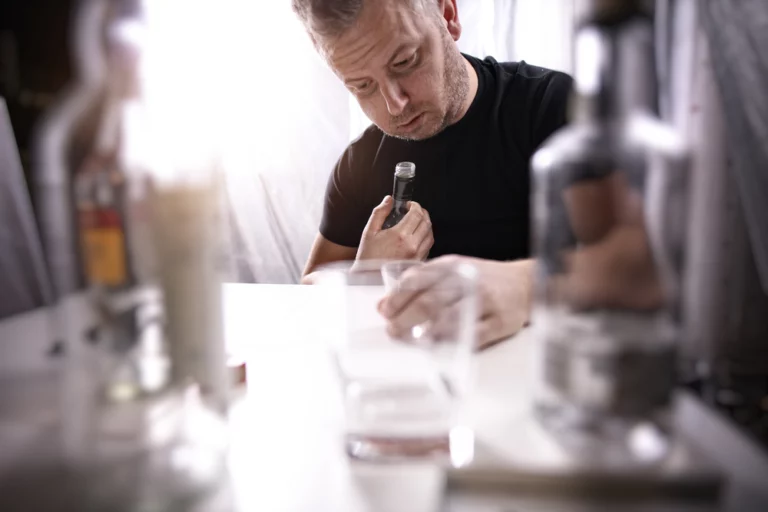The Purpose of Meditation and Improving Your Life
Many people wonder what the purpose of meditation is. This is especially true in recent years, with meditation is becoming increasingly popular as more people discover its wide range of health advantages. Meditation can help you become aware of yourself and your surroundings, lower stress, and increase concentration. It is also used to establish other beneficial behaviors and feelings, such as positive moods and attitudes, self-discipline, healthy sleeping patterns, and even increased pain endurance.
Imagine making better decisions and feeling a deeper sense of peace and contentment. What would that mean for you, your health, and your relationships if you were able to do this? Continue reading to learn more about meditation, including how it benefits you, and how people who adopt these techniques improve their life.
What is Meditation?
There are a variety of techniques involved in meditation that help people focus their attention and become more aware. Meditation has been found to produce changes in consciousness and to provide a variety of health benefits.
To meditate, you either sit down in a calm position and clear your mind of all thoughts, or you focus on one thought and clear your mind of all other thoughts. You may focus on a sound like “ooommm,” your breathing, counting, a mantra, or nothing at all. Every technique of meditation has a common thread: the mind stops following every new thought that arises.

To reap the greatest benefits from meditation, you should dedicate at least five to 20 minutes to the practice. However, meditation sessions may vary in length. Begin slowly so you can maintain the habit long-term.
Mindfulness v. Meditation
Knowing the distinction between mindfulness and meditation can help you develop a practice that suits you. Although these two subjects are closely connected, they are not the same. The differences between the two are:
- Meditation is a practice, whereas mindfulness is a quality
- Meditation is a way to cultivate mindfulness
- Mindfulness can be applied without the act of meditation
Meditation and mindfulness are combined in mindfulness meditation to help you slow down your racing thoughts, release negativity, and calm both your body and mind. Mindfulness is a mental state that allows you to focus on the present moment so you can acknowledge and accept your feelings, thoughts, and sensations without judgment.
Reasons You Should Try Meditation
Everyone can benefit from meditation, which offers physical, mental, and psychological advantages. It has been shown to help with a variety of mental health issues, including anxiety, depression, stress, and sleep problems, among others.
At first glance, meditation may seem confusing and boring, but after you practice it more, you will see that it is not dull at all. Meditation is interesting, and its benefits are outstanding.
Benefits of Meditation
Regular practice of mindfulness meditation can improve both your physical and mental well-being. Here are some of those benefits:
- Stress Relief – Meditation is frequently used for stress reduction. The increased levels of cortisol (the stress hormone) resulting from mental and physical stress often result in harmful consequences such as the release of inflammatory chemicals. These effects may disrupt sleep, increase anxiety and depression, boost blood pressure, and contribute to negative emotions. In an 8-week study, subjects who practiced meditation experienced a reduction in the inflammatory response induced by stress.
- Reduces Anxiety – Regular meditation allows one to react to anxiety in a positive way, regardless of whether it is caused by specific stressors. Meditation provides anxiety-relieving benefits if one practices it regularly.
- Improves Self-Awareness – It’s possible to become a better person through certain types of meditation, by gaining a deeper understanding of yourself. For example, through self-inquiry meditation, you might gain a better understanding of yourself and how you interact with others.

- Improves Immunity – Studies show that mindfulness practices may increase your body’s resistance to disease. Researchers compared the impact of both mindfulness and exercise on immune function in one study. They found that people who had taken an eight-week mindfulness course had greater improvements in immune function than those in the exercise group.
- Lowers Blood Pressure – Long-term meditation can help maintain physical health by lowering blood pressure, which reduces the stress on the heart and thus improves heart function. Atherosclerosis, or the narrowing of the arteries, which can result in heart attack and stroke, is caused by high blood pressure.
- Improves Sleep – It has also been discovered that practicing mindfulness meditation may improve sleep and even assist with treating certain sleep problems. Meditation may help you control and redirect the racing thoughts that commonly cause insomnia. Meditation may also help you relax your body and release stress, putting you in a calm state where you are more likely to fall asleep.
A Guide to 5 Minutes of Meditation
Meditation might help if you are feeling stressed, overwhelmed, tired, or distracted. You don’t need to sit in the lotus position and listen to chimes to meditate; you simply need to be with yourself and follow the following steps:
- Set Timer – Meditation and clock-watching don’t go together well, so set a timer. It’s best to use your smartphone or computer to set a timer for five minutes, but the specific length of time is up to you. Whether you meditate for 30 seconds or five minutes, it is not important; just choose a time that feels right.
- Get in a Comfortable Position – It’s best to sit or lie down when replenishing your energy during this exercise to get the most out of it. Wherever you decide to do this, it doesn’t matter, as long as it is comfortable enough for your five-minute meditation. If you want to sit, you can either sit on the ground cross-legged or sit on a chair with your feet firmly rooted to the ground.
- Keep Good Posture – Slouching doesn’t have any revitalizing properties, so take a moment to ensure your posture before you begin. Sit up straight without tensing up if you’re sitting down. Keep your shoulders, neck, and jaw relaxed, and check for any tension in other parts of your body.

- Focus on Breath – Begin your timer and focus on your breathing. Do not attempt to alter it or adopt any pattern that seems unnatural (you will be breathing for up to five minutes, so your breath must be sustainable). Simply notice how your breathing feels right now: is it particularly shallow or irregular? Can you discover a method of breathing deeply and regularly that feels right to you?
- Hold Attention – Your biggest barrier to practicing five-minute meditation is your own mind, particularly your thoughts. When you begin paying attention to your breath, your mind will feel a gap in your thoughts and will try to quickly fill it with new ideas. Whenever you notice yourself getting distracted by your thoughts, just return to your breath. It doesn’t matter how often this happens (and it will get easier with practice); each time you notice yourself getting distracted by thoughts and stories, return to your breath and concentrate on each inhale and exhale until your timer rings.
What is Deep Meditation?
Deep meditation is not a meditation style; rather, it describes a state that can be achieved during a meditation session. During a deep meditation session, your nervous system no longer perceives your surroundings, resulting in a complete or partial loss of awareness.
Deep meditation can be achieved through daily meditations, guided visualizations using apps, deep sleep meditations, and transcendental meditation sessions. When you are in a deeply meditative state, you become at least partially disconnected from your physical surroundings, other people, and your own consciousness. You may not even know that you’re meditating.
Meditation is Essential in the Addiction Recovery Process
Meditation has been shown to assist with addiction recovery by helping you remain calm, deal with triggers, and avoid relapses. While it should not act as a replacement for a comprehensive addiction treatment program with medical support, meditation can be a valuable tool. Rehabilitation facilities often include meditation and mindfulness as therapeutic techniques for developing inner peace. Whether you are struggling with addiction, in treatment, or many years sober, meditation may significantly benefit your recovery.
Many people experience a range of issues including anxiety, sleep problems, pain, depression, and drug cravings when they stop using substances. These issues can act as relapse triggers. Multiple studies have shown that mindful meditation can help reduce them. Meditation may also help people become more aware of their thoughts, less bothered by unpleasant experiences, and better able to control their emotions.
Prolonged withdrawal, which includes difficulty making decisions, anxiety, and strong drug cravings that last for several months after drug use has ceased, can also be dealt with using meditation. During the prolonged withdrawal phase, SAMHSA suggests that people use physical and mental activities to avoid relapsing. Meditation is a mental exercise and many addiction treatment centers that offer holistic treatment have begun to offer meditation as one of their options based on the available evidence of its effectiveness in treating addiction.

Mindful Meditation at Louisville Recovery Center
Meditation may seem tough, but even a little time dedicated to this practice every day is beneficial. Even if you don’t incorporate it into your daily life, you can come back to it if you need it. Remember that being present for a few minutes can bring about significant benefits to your overall health.
If you or your loved one would like to learn more about Louisville Recovery Center’s holistic therapies, such as mindful meditation, please contact us today. We are proud to provide the highest quality care to those in need. You no longer need to battle alone.







